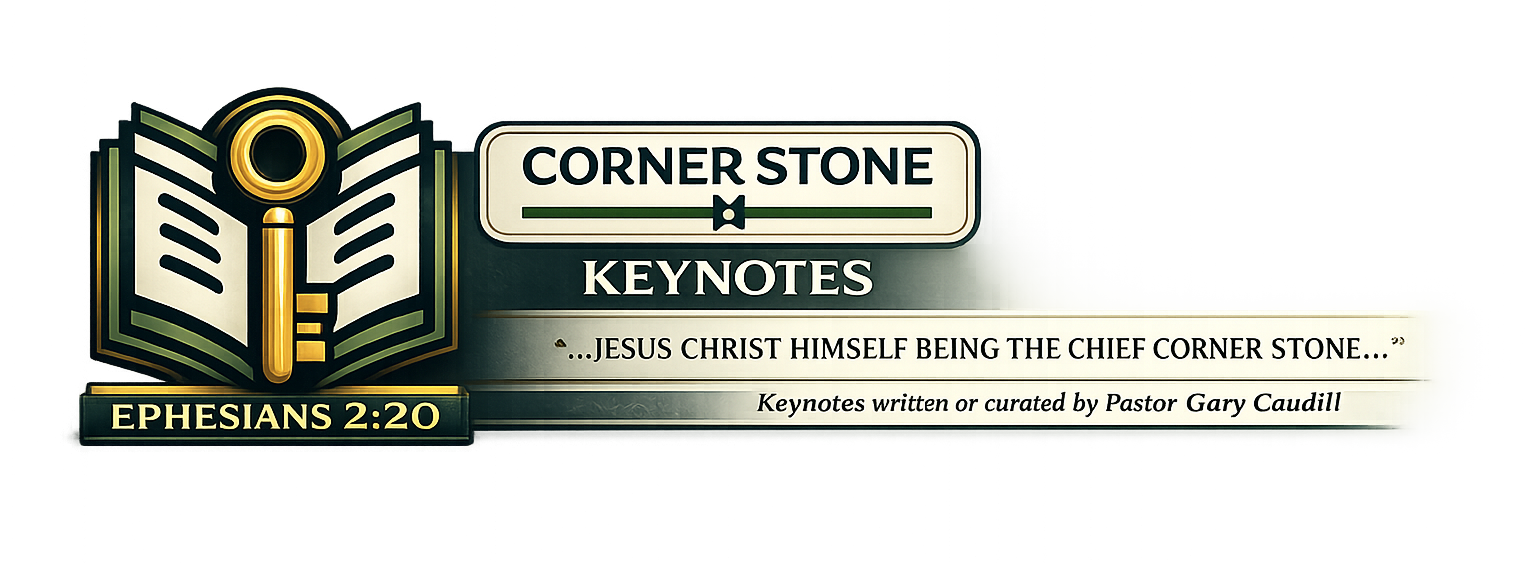The Legacy of Faith: Embracing Our Inherited Blessings
Numbers 36:9 Neither shall the inheritance remove from one tribe to another tribe; but every one of the tribes of the children of Israel shall keep himself to his own inheritance.
Your inheritance is basically the successes of your ancestors being transferred into your possession. In other words, the whole lump sum of their profit or economic value, as well as the stories of struggle and victory that came with them, being now entrusted to you for new management. In Bible days, when an inheritance was assigned, it was typically done so along with a blessing. This blessing apparently was similar to what today we might call a last will and testament. What is most valuable about this “blessing” is not necessarily the economic advantage it will bring, as much as the rich history, customs, traditions, and teachings that they represent.
For example, when Esau sold his birthright, in essence, he was willing to forsake his entire inheritance along with its history for a bowl of soup. Then, he was severely punished for this by The Lord, because it was a matter of principle; we are not to simply disregard where we came from and what was passed down to us as if it’s disposable. We are to take what is valuable from our past so that upon such we can build a brighter future for ourselves, and then have something more to leave for our children and grandchildren. The Word says that a good man leaves an inheritance for his grandchildren (See Prov. 13:22).
Now for some of us, we do not have much of an inheritance (if any) passed down from those gone on before us, either in terms of economic value, or of a Godly heritage. One might even ask how he or she might even find application for this verse in such cases. May I make a suggestion? If you are that person, I would suggest that you look at what you know about your family’s history, and learn the lessons needed from those gone on before you that will help you live more successfully in life for The Lord’s sake, as well as your children and grandchildren. Even if that means that the only things you can learn from what your forefathers left behind is what NOT to do, then take that knowledge and work it to your advantage. Learn from other’s mistakes first; it’s a whole lot easier on you that way!
Furthermore, I believe one of the most important aspects of the tradition of both receiving AND passing down an inheritance, is the aspect of learning to live unselfishly. We should RECEIVE from those gone on before us with humility and gratefulness, and GIVE to those coming after us with purpose and generosity. And remember, KEEP IT IN THE FAMILY!!
~ Pastor Gary Caudill
Your inheritance is basically the successes of your ancestors being transferred into your possession. In other words, the whole lump sum of their profit or economic value, as well as the stories of struggle and victory that came with them, being now entrusted to you for new management. In Bible days, when an inheritance was assigned, it was typically done so along with a blessing. This blessing apparently was similar to what today we might call a last will and testament. What is most valuable about this “blessing” is not necessarily the economic advantage it will bring, as much as the rich history, customs, traditions, and teachings that they represent.
For example, when Esau sold his birthright, in essence, he was willing to forsake his entire inheritance along with its history for a bowl of soup. Then, he was severely punished for this by The Lord, because it was a matter of principle; we are not to simply disregard where we came from and what was passed down to us as if it’s disposable. We are to take what is valuable from our past so that upon such we can build a brighter future for ourselves, and then have something more to leave for our children and grandchildren. The Word says that a good man leaves an inheritance for his grandchildren (See Prov. 13:22).
Now for some of us, we do not have much of an inheritance (if any) passed down from those gone on before us, either in terms of economic value, or of a Godly heritage. One might even ask how he or she might even find application for this verse in such cases. May I make a suggestion? If you are that person, I would suggest that you look at what you know about your family’s history, and learn the lessons needed from those gone on before you that will help you live more successfully in life for The Lord’s sake, as well as your children and grandchildren. Even if that means that the only things you can learn from what your forefathers left behind is what NOT to do, then take that knowledge and work it to your advantage. Learn from other’s mistakes first; it’s a whole lot easier on you that way!
Furthermore, I believe one of the most important aspects of the tradition of both receiving AND passing down an inheritance, is the aspect of learning to live unselfishly. We should RECEIVE from those gone on before us with humility and gratefulness, and GIVE to those coming after us with purpose and generosity. And remember, KEEP IT IN THE FAMILY!!
~ Pastor Gary Caudill
